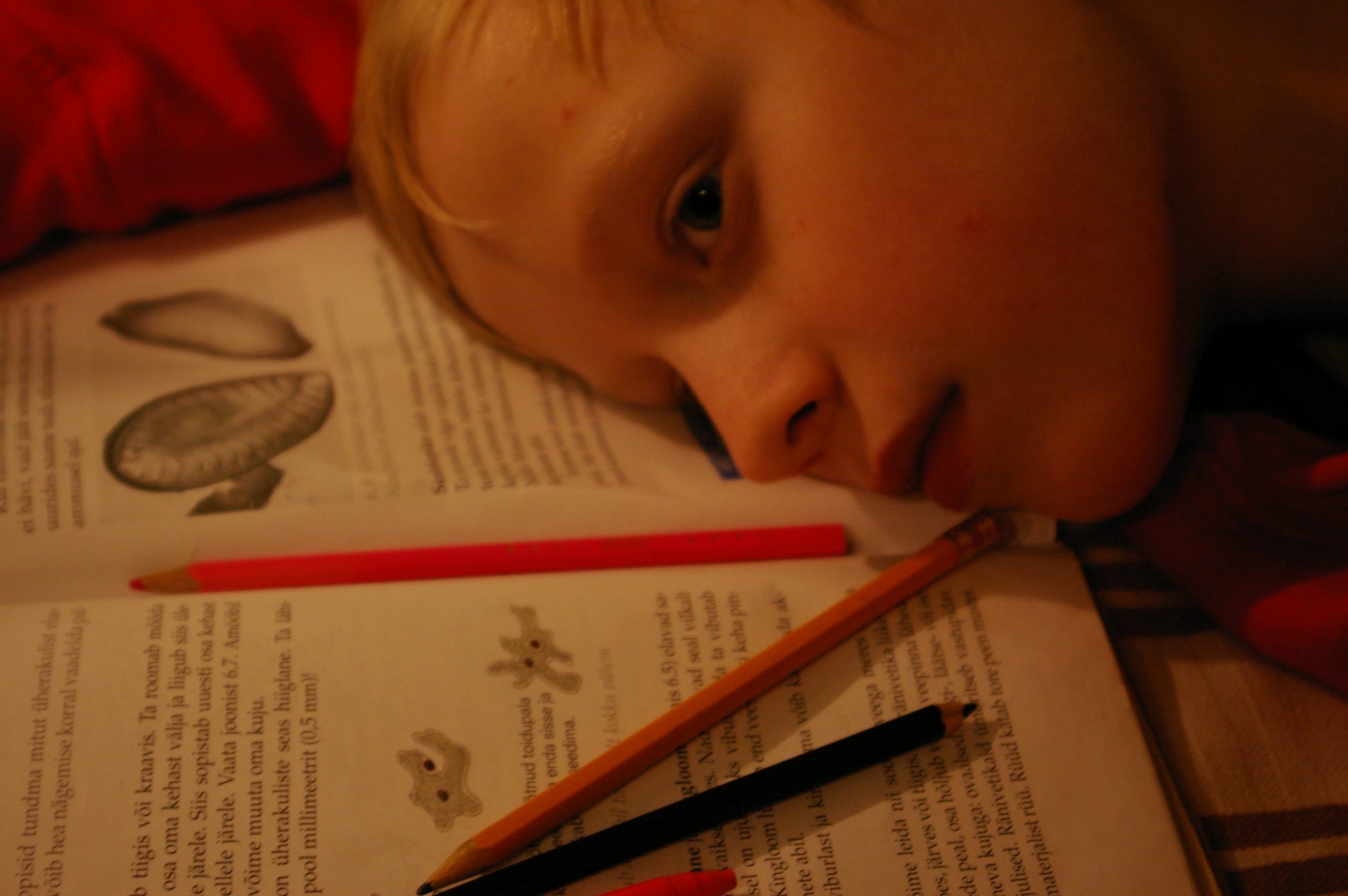For as long as we can remember childhood is characterised by energy; children are in fact the motor of life and of the planet, but, sometimes, we can compare them to a river at risk from flooding.
Many children often need to canalise their vitality like a river needs a banks.
Not rarely children are affected by a disorder that concerns their behaviour.
Fortunately today we can diagnose many different pathologies and work in a good way.
One of the most common problems that appears in childhood is the hyperkinetic disorder or attention-deficit and hyperactivity disorder (ADHD).
ADHD is a clinical entity consisting of a cluster of symptoms including hyperactivity, attention disorder and impulse control disorder group.
It’s very important, however, not to mistake vivacity and curiosity with the difficulties of controlling the excessive activity.
How can an adult understand whether his baby is affected by ADHD?
This kind of disorder appears, generally, around two-three years of age but it may be easily recognized when children attend school. At this point of life, children tend to control easily their need to move but hyperactive ones show problems in controlling movements.
Boys and girls with attention deficit and hyperactivity disorder are:
- in constant movement
- they refuse to stay put
- they don’t care about commands
- they are hotheaded
- they don’t pay attention longer than 30 minutes
- they set up bad relationships with same age children
- they have difficulties in communication
- they are distracted by a simple noise or signal
How can we diagnose the ADHD disturb?
ADHD is a particular disorder: there isn’t a specific test to diagnose ADHD, only cooperation can provide good answers. To be sure that a child has this kind of problem we need a medical, neuro-psychological, educative and social evaluation. Unfortunately it is not easy to reach the solution but at the same time, children with ADHD can realize their dreams and be satisfied in their lives.
What can ADHD children do in their lives?
Potentially they can do everything they want but there must be a cooperative work behind them.
Today we have differently targeted interventions focused on attention deficit and hyperactivity with educative and didactic programs; (it’s preferred to giving child medicine). Working with ADHD children needs particular attention that considers motivation and physiological concentration time.
If a hyperactive child gets tired, will he be better?
No!! Obviously ADHD children need to do sports like everybody else but the strain decreases the ability to maintain concentration because when we get tired we use and loose more energy.
What can we do at home?
Remember that it’s not parents’ fault if their child has attention problems.
Also mom and dad need help all the time!
A good approach is to follow a parental therapy which is structured with periodical meetings with specialists, parents and teachers.
Mom and dad need to share their experience in order to get good advise and, at the same time, find many answers.
What can we do at school?
In every classroom, especially in the ones with ADHD students, teachers need to capture attention.
- They can try to:
- Make an interesting question showing photos and images.
- Create a story connected to something the children want to speak about
- Be an actor, use different voices, mimicking and humor
- Use “mystery” in your lesson
- Use colored chalks on the dashboard
- Use visual contact
- Walk all around the classroom
- Use a colored lamp to catch student’s attention
- Call often students during the lecture using their first name
- Reward the student when he does a good work or when he says something good/right
Can we use a simple technique at home?
When an ADHD child is at home, parents can help their son by creating a poster.
The child can see and find out everyday the rules and the schedule of the day.

This way children are involved in their life’s choices and motivated to pursue their dreams.
For example, you can give your child a reward: if he reaches his daily goal he earns, for example, 3 stars but if he does something wrong he looses points.
As time passes, an ADHD child has to do more and more things to reach his reward.
Parents may also write in a notebook how child behaviours are changing.

Think positive!
Obviously it is not easy to raise a child with ADHD but we have to think that they come into this world like everybody else with strengths and weaknesses
ADHD does not need to be thought of only as a problem but it can also mean creativity, energy and speciality for your children.
For example, the famous swimming champion Michael Phelbs was diagnosed in childhood with ADHD attention deficit and hyperactivity. With the help of his family he found his way to overcame deficit problems in the swimming pool: he channelled his energies into the water, he learned how to use it in the best way and now he is a great champion.

















